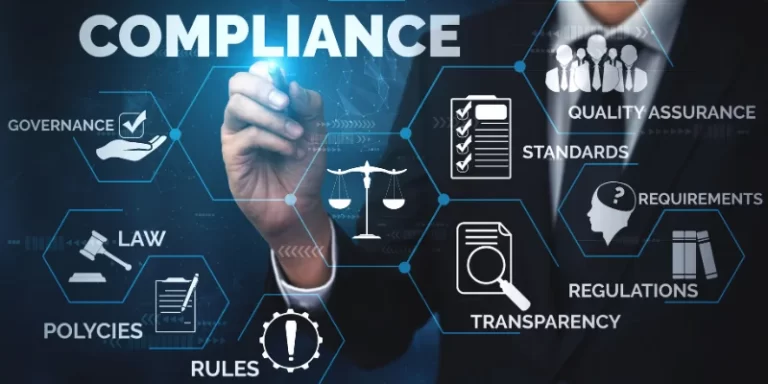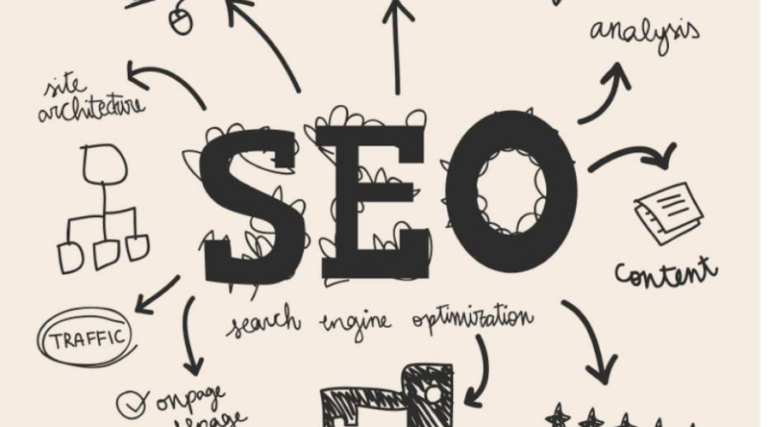Compliance: Upholding Integrity in Business

In today’s corporate landscape, compliance stands as a fundamental pillar of ethical business practices. It encompasses the rigorous framework of standards, procedures, and audits designed to ensure organizations operate with integrity and adhere to legal regulations. Let’s delve into what compliance entails and why it’s crucial for businesses of all sizes.
Foundation
At its core, compliance involves setting and maintaining standards that align with legal requirements and industry best practices. These standards are not merely guidelines but serve as a safeguard against legal repercussions, financial penalties, and reputational damage. By establishing robust compliance measures, businesses demonstrate their commitment to operating ethically and responsibly.
Key Elements
The elements of compliance can be categorized into several key components:
Standards: Establishing clear guidelines and expectations for conduct.
Procedures: Implementing processes to ensure adherence to standards.
Audits: Regular reviews and assessments to verify compliance.
Importance
Why is compliance so important? Beyond fulfilling legal obligations, it plays a crucial role in safeguarding the long-term sustainability of businesses. Here’s why:
Legal Protection
Compliance helps businesses steer clear of legal pitfalls by ensuring they operate within the bounds of the law. This proactive approach mitigates the risk of lawsuits, fines, and other legal consequences that can arise from non-compliance.
Reputation Management
A strong compliance culture enhances trust and credibility with stakeholders, including customers, investors, and the community at large. It demonstrates a commitment to ethical behavior, which is increasingly valued in today’s socially conscious market.
Risk Mitigation
By identifying and addressing potential compliance issues early on, businesses can mitigate financial risks associated with penalties, operational disruptions, and damage to brand reputation.
Operational Efficiency
Structured compliance frameworks streamline operations by providing clarity on roles, responsibilities, and processes. This efficiency not only improves day-to-day business operations but also enhances overall organizational effectiveness.
Challenges
Despite its benefits, achieving and maintaining compliance isn’t without its challenges:
Complexity: Navigating the intricate web of regulatory requirements can be daunting, especially for multinational companies operating in multiple jurisdictions.
Cost: Implementing comprehensive compliance programs requires investment in resources, technology, and training.
Change Management: Adapting to evolving regulations and industry standards requires ongoing monitoring and adjustment of compliance strategies.
Conclusion
In conclusion, compliance serves as a cornerstone of ethical business conduct, protecting organizations from legal and reputational risks while promoting operational integrity. By prioritizing compliance, businesses not only fulfill their legal obligations but also cultivate trust and sustainability in a competitive global marketplace.
Embracing compliance isn’t just a regulatory necessity—it’s a strategic imperative that reinforces organizational resilience and ethical leadership. As businesses navigate an increasingly complex regulatory landscape, maintaining a steadfast commitment to compliance ensures they not only survive but thrive in the long run.






